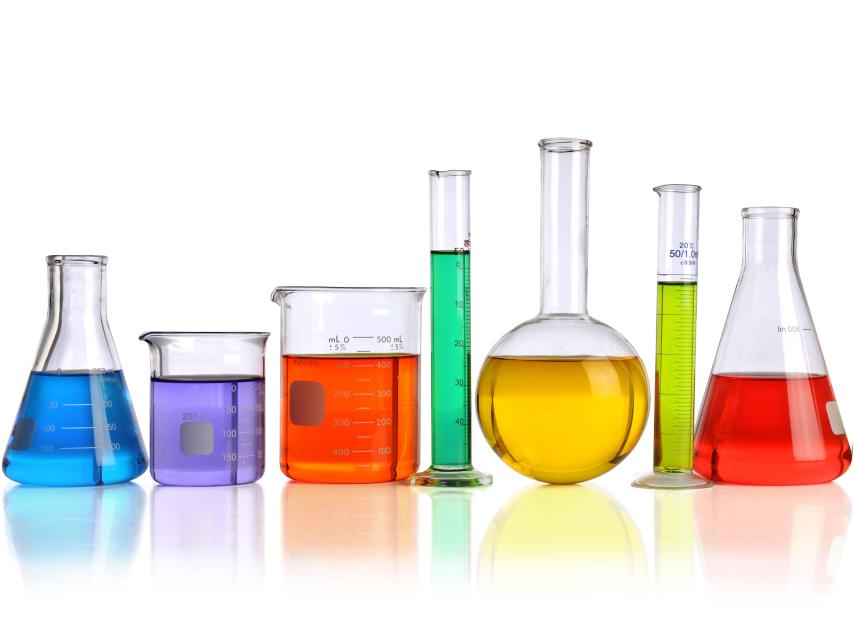Snack Product Inorganic Compound Analysis
The analysis of inorganic compounds within snack products is a critical process that ensures food safety and regulatory compliance. This service involves the detailed examination of various elements present in snacks, which can include sodium (Na), potassium (K), chlorine (Cl), calcium (Ca), magnesium (Mg), and others. The primary goal is to identify any potential health risks or quality issues associated with these compounds.
Our team uses state-of-the-art analytical instrumentation such as Inductively Coupled Plasma Optical Emission Spectroscopy (ICPOES) and X-ray Fluorescence (XRF). These methods provide precise quantification of inorganic elements present at very low concentrations, which is essential for detecting any contamination or exceeding the permissible limits set by regulatory bodies.
Specimen preparation typically involves thorough cleaning of the sample to remove organic matter. The samples are then digested using acid-based solutions before analysis. This process ensures accurate and reliable results that can be trusted by food manufacturers and regulators alike.
The importance of this service cannot be overstated, especially given the increasing consumer demand for transparent labeling and safe products. By offering these analyses, we help our clients maintain high standards in quality control and ensure their snacks comply with international standards like ISO 3502-1:2014 and EN 15662.
Our service also covers the determination of essential trace elements that are beneficial to health. For instance, sodium is crucial for maintaining fluid balance in the body; however, excessive intake can lead to hypertension. Potassium plays a vital role in muscle function and heart rhythm regulation. Chlorine, when present as chloride, is important for digestion but must be within safe limits.
The results from our analysis are detailed reports that include raw data, calculated concentrations of each element detected, and comparisons against relevant standards and benchmarks. These insights allow manufacturers to make informed decisions regarding formulation adjustments or process improvements if necessary.
Industry Applications
- Safety Assurance: Ensuring that snacks do not contain harmful levels of inorganic compounds.
- Quality Control: Monitoring the presence and concentration of essential elements to maintain consistent product quality.
- LABELING REQUIREMENTS: Meeting labeling requirements set by international standards such as ISO 3502-1:2014.
| Element | Health Impact |
|---|---|
| Sodium (Na) | Potential risks include high blood pressure and cardiovascular diseases. |
| Potassium (K) | Important for muscle function and heart health; too much can be harmful. |
| Chlorine (Cl) | Necessary for proper digestion but excessive intake may have adverse effects. |
| Element | Acceptance Criteria |
|---|---|
| Sodium (Na) | According to FDA standards, sodium content should be less than 140 mg per serving. |
| Potassium (K) | The potassium level must not exceed the sodium content in a balanced diet. |
| Chlorine (Cl) | No specific upper limit is set by FDA, but it should be minimal to avoid contamination risks. |
Why Choose This Test
Choosing our inorganic compound analysis service ensures that you are adhering to the highest standards of food safety and quality. Our team consists of experienced professionals who understand both the technical aspects and business implications of this testing process.
We use cutting-edge technology which guarantees accurate results every time, thereby helping you avoid costly recalls or reputational damage due to non-compliance issues. By partnering with us, you gain access to detailed reports that provide actionable insights into your snack formulations. This information is invaluable for making strategic business decisions about ingredient sourcing and recipe adjustments.
The precision of our tests allows for early detection of any potential problems, allowing you to address them proactively rather than reactively. Our commitment to excellence extends beyond just providing test results; we also offer comprehensive guidance on how best to utilize these findings within your operations.
International Acceptance and Recognition
The methods used in our analysis are internationally recognized and accepted by various regulatory bodies including the Food and Drug Administration (FDA), European Food Safety Authority (EFSA), Codex Alimentarius Commission, and others.
Our laboratory adheres to strict quality assurance protocols based on ISO/IEC 17025:2017 accreditation. This ensures that all tests conducted here meet the highest scientific standards available today. Furthermore, our results are accepted worldwide, making it easier for you to comply with international regulations without additional costs or delays.
To maintain this level of excellence, we continuously invest in new technologies and methodologies while ensuring continuous staff training and development. Our goal is not only to meet current needs but also anticipate future trends so that your products remain ahead of the curve.





